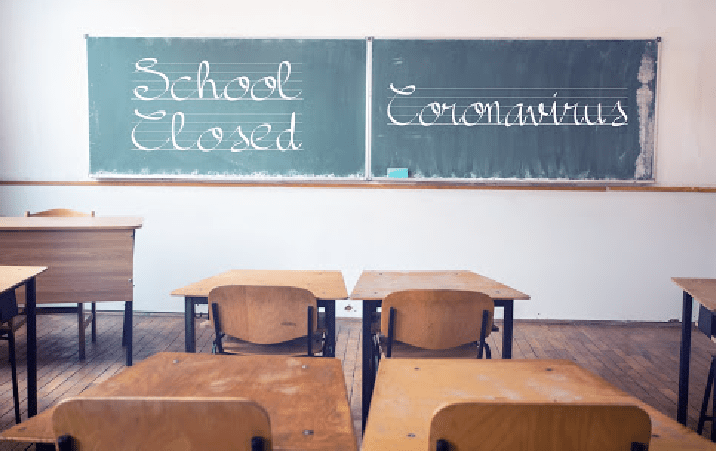The second wave of the Covid-19 pandemic has resulted in the cancellation/ postponing of most board exams. If the current surge is rooted in, among other things, more infective variants than the ones circulating earlier—an analysis of GISAID data by outbreak.info shows a high prevalence of the double mutant strain among the samples (caveat: non-random) studied—chances are reopening of schools will be postponed. And if vaccines prove ineffective against some variants in circulation, then this would mean another year of shut schools and higher education institution. Shut schools, it has become obvious over the last academic year, will widen the gap in terms of access to education and learning outcomes between the have and the have-nots. As this newspaper has argued repeatedly, the digital divide, both of access to gadgets/reliable internet and digital literacy, between the better-off households and the poorer ones means increased vulnerability in the future for children from the latter group. As per ASER 2020 Wave 1, a larger proportion of children in the school-going-age (6-16 years) cohort were out of school in 2020 compared to 2018. A sharp decline was reported for the 6-10 years cohort; with early years lost, chances of such children entering the school system later on declines. While the proportion of households with smartphones among the total surveyed has increased from 2018—suggestive of digital access—this has mostly been for students from private schools (assumed to be from better off households than their government-school counterparts). At the same time, government school enrolment has gone up, likely because of increasing hardship resulting from the pandemic’s impact on the economy. Multiple studies also present gendered inequity in education, with girls bearing the brunt of the pandemic’s impact on household incomes in terms of eroded access to education.
The need, for the past one year, has been to increase digital access for households to facilitate education delivery. The states and the Centre need to work together to find solutions beyond just postponing/cancelling exams and swinging between shutting and reopening. This is urgently needed at the school level, keeping in mind the accumulated losses for children down the years. Educationists—most vitally, teachers—and policymakers need to brainstorm ways to ensure that disruption to learning is minimised. From alternative assessment methods to reducing dependence on examinations, from broadcast learning and direct targeted cash support to households for improving digital access to intensive state efforts to retain children, there are many ways in which the government should have already intervened. While a common examination after completion of secondary education—like the American Scholastic Aptitude Test—to facilitate entry into higher education was talked about, not much has materialised in this regard even now. Had this been finalised months earlier, the problem of board exams could have been more effectively tackled. The government is only now moving on encouraging the testing of vaccines for children. Given how AIIMS director Dr Randeep Guleria has talked of the second wave affecting the younger population more, the urgency for this has increased. The Centre has exhorted vaccine-makers to take advantage of the Coalition for Epidemic Preparedness Innovations programme for generating complementary clinical trial data for vaccines, but the states and the Centre should have already been aiding companies in doing this. Without urgent interventions, another school year could be lost, and the impact of this will disastrous for millions of poor households in the country.
COURTESY – FINANCIAL EXPRESS








